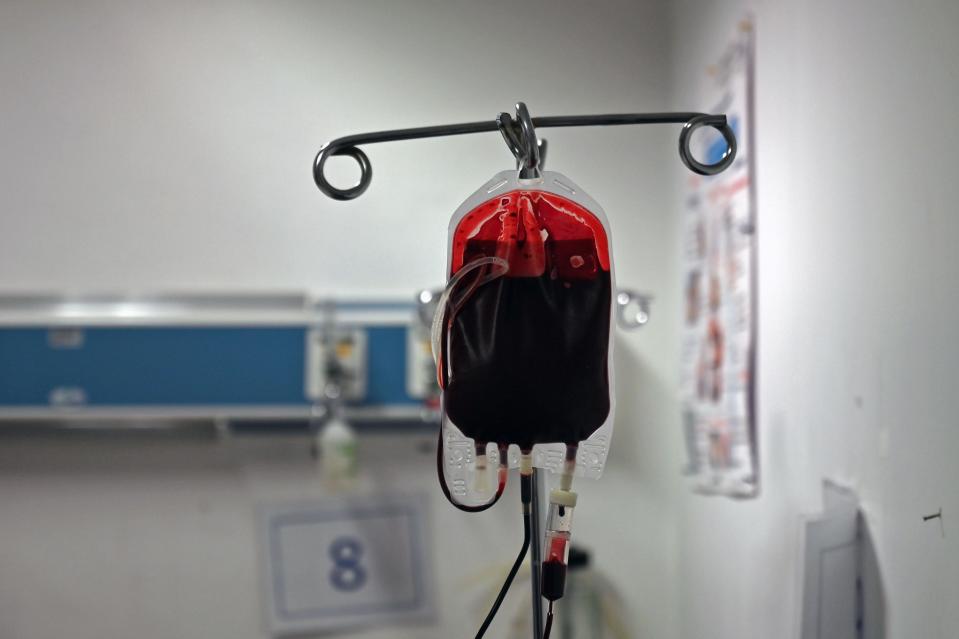The FDA Will Reportedly End Its Ban on Sperm Donations From Men Who Have Sex With Men

Sarah Silbiger/Getty Images
The FDA is planning to overturn its ban on sperm donations from cisgender men who have sex with men (MSM), according to sources who spoke to the Wall Street Journal this week.
Current FDA regulations prohibit people from donating sperm if they are considered a high risk of spreading communicable diseases, especially HIV/AIDS and hepatitis. Since the 1980s, that category has included all men who have had sex with another man in the last five years, regardless of other factors like prophylactic use or number of partners. The revised FDA guidelines would strike that ban, according to the Journal, but would not address other such restrictions on intravenous drug users and people who have exchanged sex for drugs or money.
Instead, the new policy would establish “more pointed screening questions” to determine a potential donor’s risk of carrying HIV or hepatitis, sources said. (Donor screening is only one part of the safety process; federal regulations already require that all tissue donations receive rigorous testing for HIV and other diseases.) The agency plans to finalize the proposed new rules by this summer, with the possibility of approval from the Biden administration before the end of the year.
LGBTQ+ rights groups welcomed the announcement on Friday as a signal that decades of activism would soon pay off. In a celebratory Facebook post, the Sperm Bank of California expressed their gratitude to other groups for their help in changing FDA policy.
“TSBC has been advocating for the FDA to allow men who have sex with men to be sperm donors for more than 20 years,” the statement read. “We are so grateful to the other advocates, including the National Center for Lesbian Rights, who have been working towards this with us!”
This week’s announcement comes nearly a year after the FDA established similar reforms allowing MSM to donate blood, a policy that rights groups argued was unnecessary and discriminatory and led to confusion and further discrimination regarding transgender donors. The original FDA policy barring MSM from donating blood and tissue was set in place during the early years of the AIDS epidemic, when the virus was falsely considered to be a “gay disease.” That anti-LGBTQ+ stigma is still found across the U.S. in state laws that criminalize HIV. One study published in January indicated that discrimination in housing, employment, and healthcare can increase a person’s risk of contracting HIV, specifically among Black and Latina trans women.
Restrictions remain for people who are sexually active with multiple partners and/or taking PrEP.
Sperm donation is a key part of in vitro fertilization (IVF), the medical process through which many LGBTQ+ partners and people with fertility issues can induce pregnancy. IVF has recently become a heated debate topic for U.S. conservatives, specifically in Alabama, where a short-lived court ruling that functionally banned the procedure revealed deep confusion and disagreement within the GOP. In February, Senate Republicans blocked a bill that would have protected the right to IVF treatments nationwide, while simultaneously claiming they supported the procedure itself.
Get the best of what’s queer. Sign up for Them’s weekly newsletter here.
Originally Appeared on them.


